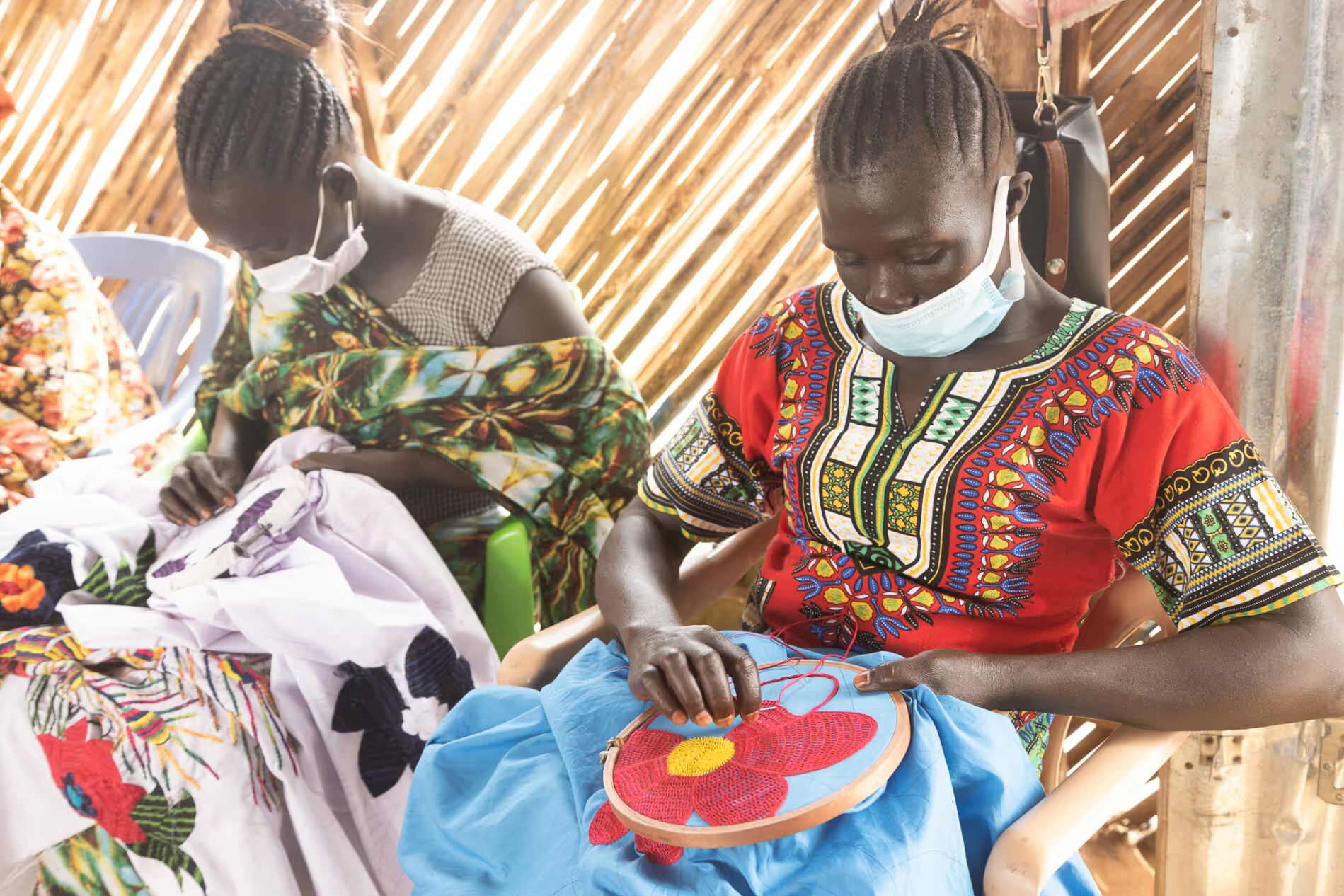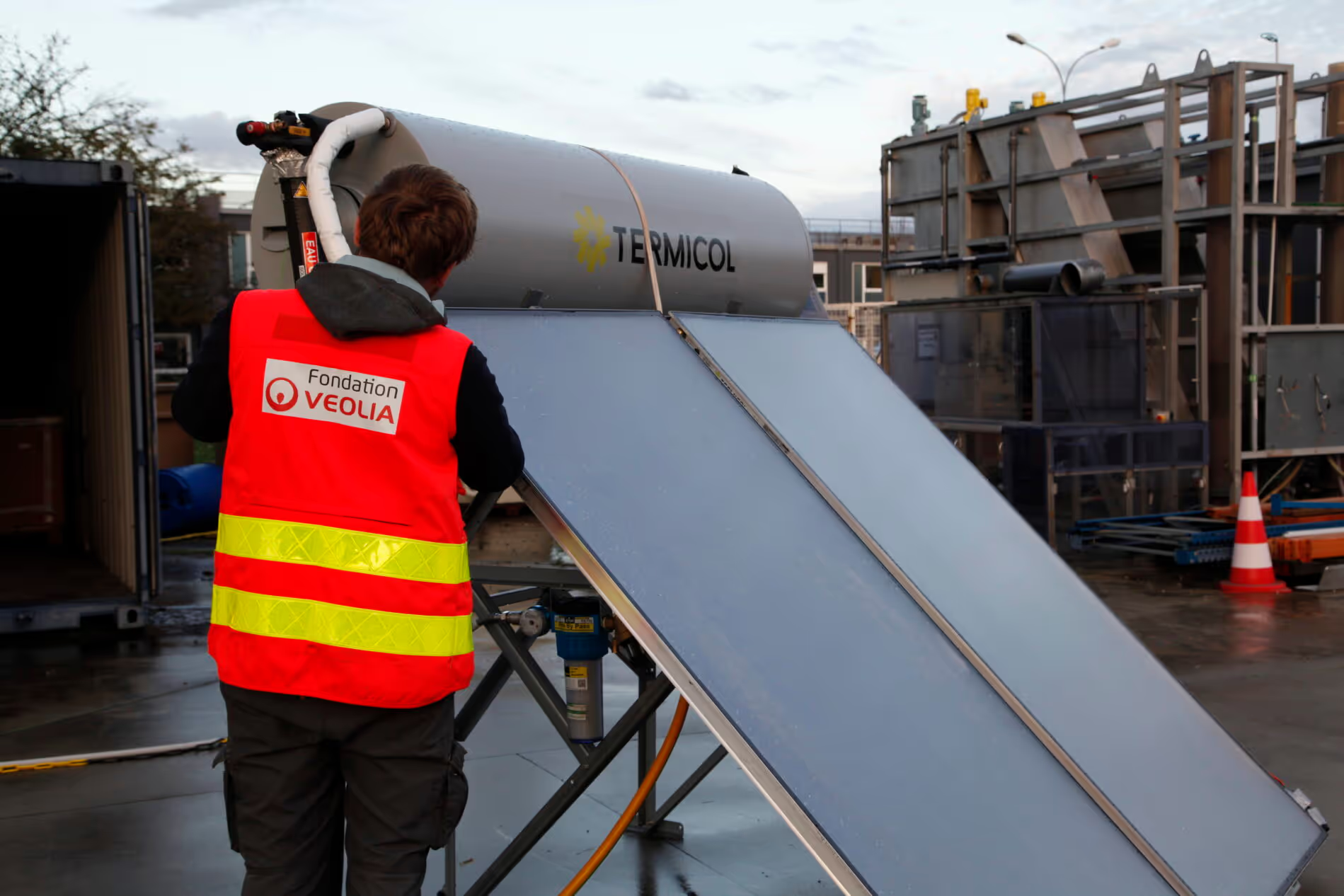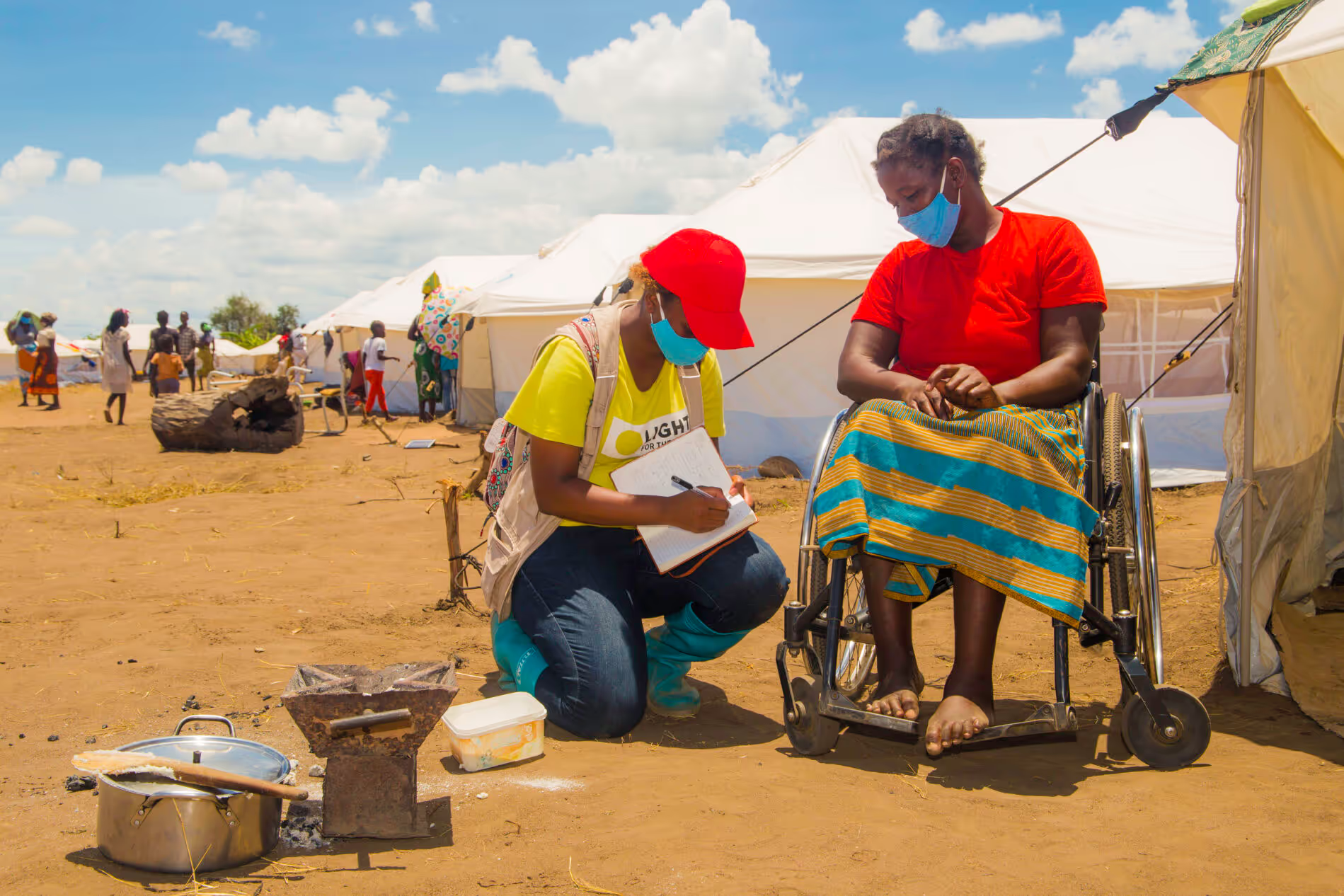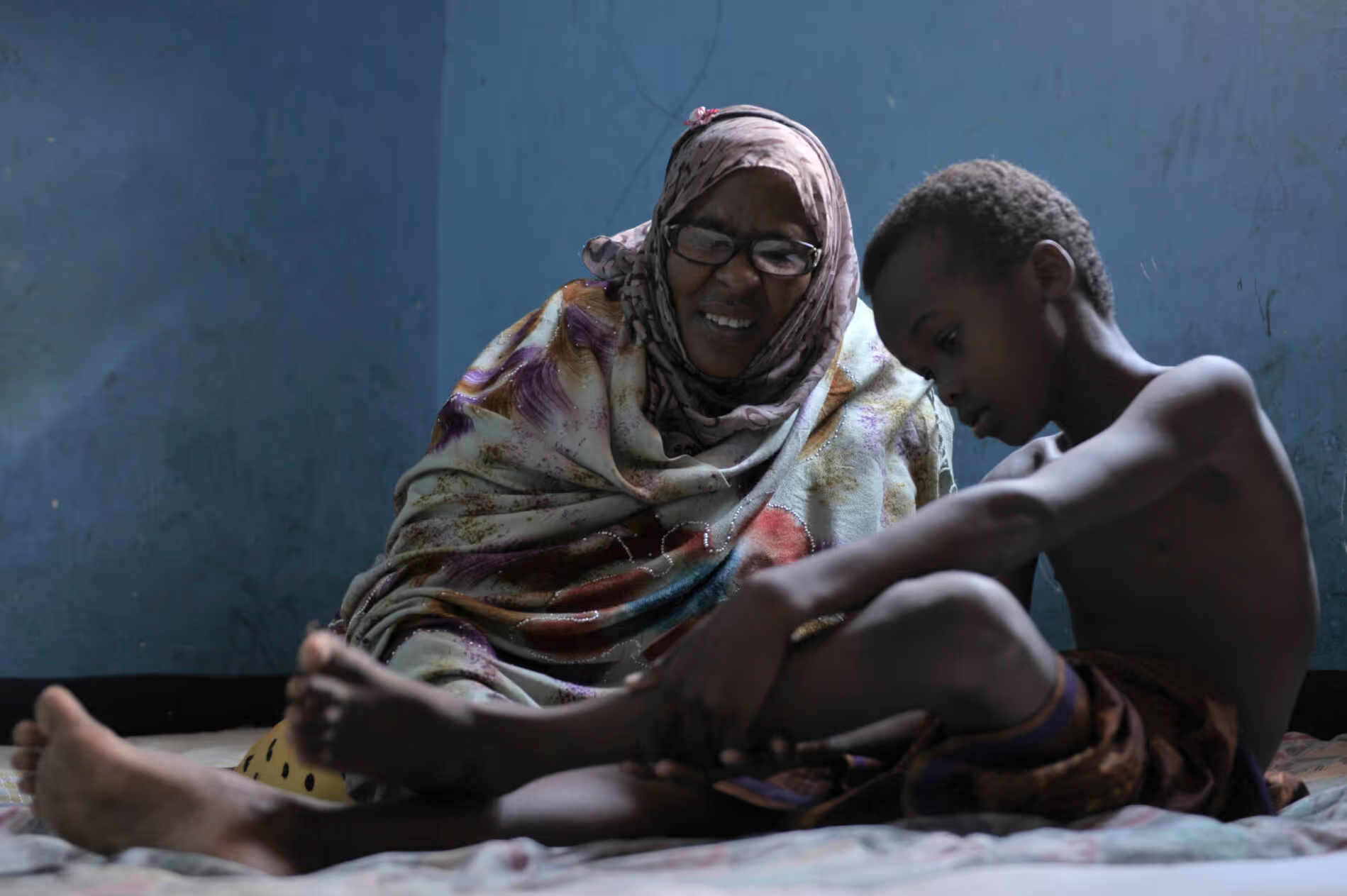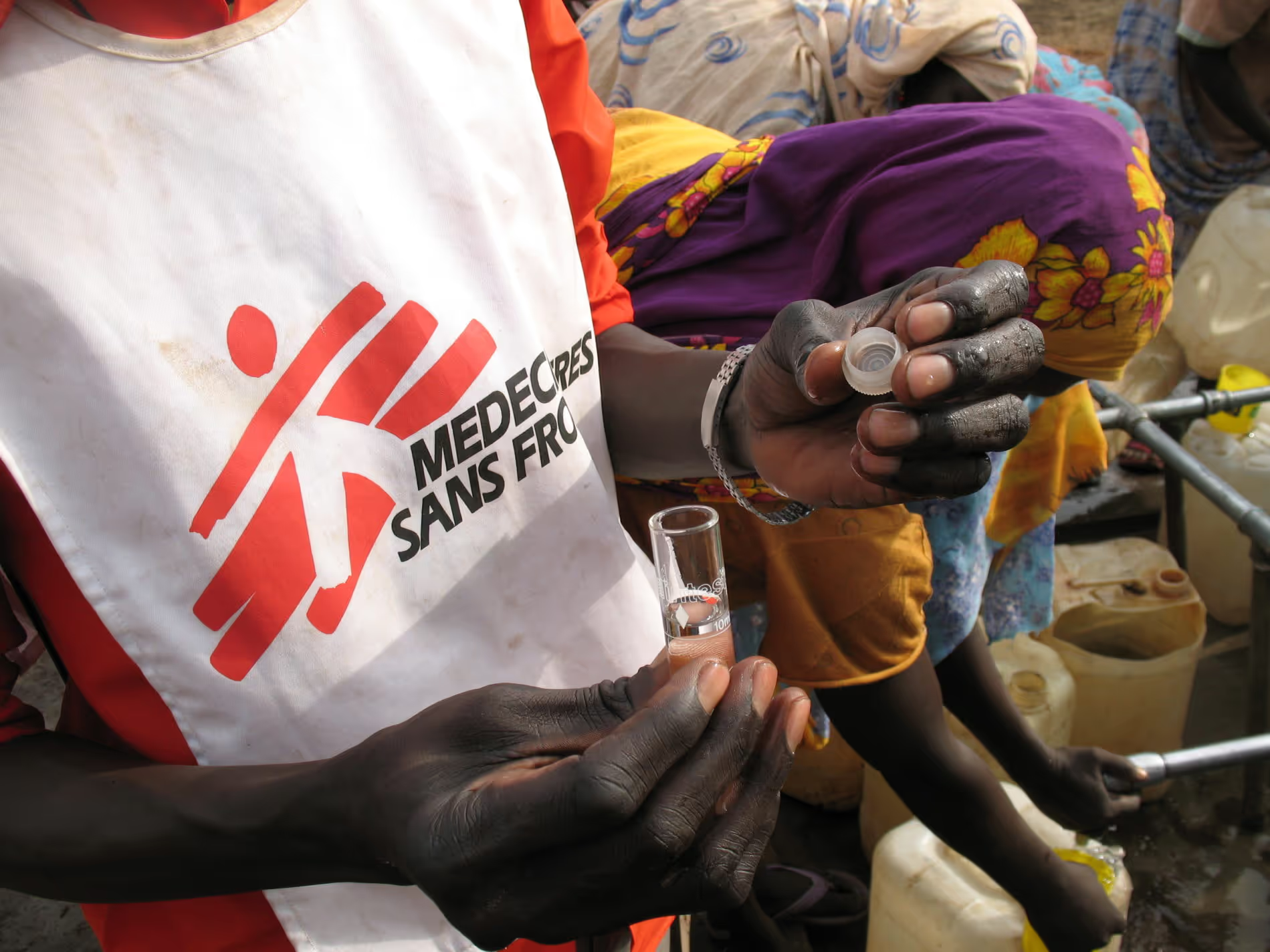Chemical water quality and malnourished child health

Project overview
DIGHR and MSF have partnered to investigate and develop operational guidance for mitigating potentially adverse effects in the treatment and recovery of children with severe acute malnutrition due to chemical water quality in intensive therapeutic feeding centres.
Project solution
This project offers [specific solution or intervention] to tackle [challenge]. By implementing [strategies, tools, or innovations], the project aims to achieve [desired outcomes]. The approach is designed to [specific actions or methods] to bring about meaningful change in [community, region, or issue area].
Expected outcomes
This project aims to achieve [specific outcomes], such as [measurable results, improvements, or changes]. The expected impact includes [benefits to the target community, advancements in research or innovation, or long-term effects]. By the end of the project, we anticipate [specific changes or milestones] that will contribute to [broader goals or objectives].
Summary
DIGHR (Dahdaleh Institute for Global Health Research) and MSF have partnered to investigate and develop operational guidance for mitigating potentially adverse effects in the treatment and recovery of children with severe acute malnutrition due to chemical water quality in intensive therapeutic feeding centres.
What is the humanitarian need?
Recent experiences in the Horn of Africa famine response have raised concerns that chemical water quality in inpatient therapeutic feeding centres (ITFCs). The water quality may be linked to medical complications in the treatment and recovery of children and infants with severe acute malnutrition (SAM) even when concentrations are within established international limits — as the physiological and metabolic function of SAM children may be compromised.
There is an urgent need to develop operational guidance on allowable chemical water quality in ITFCs as well as technical management strategies, especially in a context of advancing climate change and widespread over-exploitation of water resources.
What is the innovative solution?
This project will synthesize medical and engineering knowledge from multiple domains including pediatrics, nutrition, nephrology, hydrogeology, aqueous chemistry, and water treatment. The project will convene an expert panel process with leading nutrition, medical, and WASH experts globally to produce operationally relevant guidance for chemical water quality management in ITFCs during humanitarian emergencies. The guidance outputs of this project will help address an urgent operational knowledge gap on an emergent climate change-related health challenge and will help improve patient care and outcomes for the most vulnerable groups during famine and food insecurity crises.
What are the expected outcomes?
The project will generate two key knowledge synthesis reports (medical and engineering), including knowledge gap analysis, on the core challenge.
From this, we will develop draft operational guidance on chemical water quality in ITFCs, which will subsequently be refined and vetted by an international expert panel.
By systematically reviewing the literature and engaging world-leading experts, we will identify priorities for further research and development on this emergent climate change-related health challenge.
The project will produce:
- one peer-reviewed journal article,
- multiple presentations at key international practitioner and academic meetings, and
- disseminate operational guidance to the key humanitarian agencies operating ITFCs in humanitarian emergencies.
Project delivery & updates
Stay up to date with the latest developments from this project. Here, you will find details on what has been delivered, resources created, and regular updates as the project progresses. Access key documents, reports, and other materials to see how the project is making an impact.
Resources
Report
LEARN MOREJournal article
LEARN MORE


